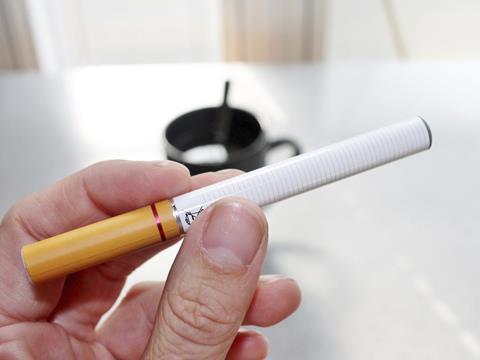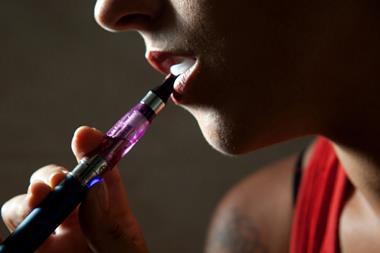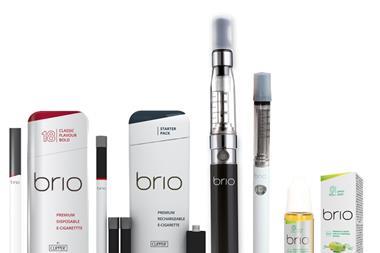
The burgeoning e-cigarette market faces a powerful new challenge from the World Health Organisation, which today called for tough measures including banning the use of e-cig indoors.
In a series of recommendations laid out in a 13-page report, the WHO said “ENDS [electronic nicotine delivery systems] users should be legally requested not to use ENDS indoors, especially where smoking is banned, until exhaled vapour is proven to be not harmful to bystanders”.
Manufacturers should be prohibited from making health claims for e-cigarettes, including their efficacy as smoking cessation aids, until they “provide convincing supporting scientific evidence and obtain regulatory approval”, the WHO said.
There should also be restrictions on e-cigarette advertising, the report added, “given that the same promotional elements that make ENDS attractive to adult smokers could also make them attractive to children and non-smokers”.
The WHO further recommended that a governmental body should regulate e-cig advertising instead of using a voluntary code; in the absence of such a body, it was “preferable” to ban e-cig advertising outright.
E-cigarette products should carry health warnings about potential nicotine addiction, the WHO said. It also recommended the banning of fruit-flavoured e-cigarettes “until empirical evidence shows that they are not attractive to minors”.
‘Not water vapour’
“The existing evidence shows that ENDS aerosol is not merely ‘water vapour’ as is often claimed in the marketing for these products. ENDS use poses serious threats to adolescents and foetuses. In addition, it increases exposure of non-smokers and bystanders to nicotine and a number of toxicants,” the report said.
The WHO described the global e-cigarette market as “booming”, citing sales estimates of $3bn in 2013, with 466 brands available globally, though it admitted precise data was lacking on both a global and regional scale.
The recommendations in the report will now be debated at a WHO conference in Moscow in October.
In the UK, e-cigarettes are set to be regulated as medicines by regulator the MHRA from 2016. Currently they are covered by general product safety regulation.



















3 Readers' comments